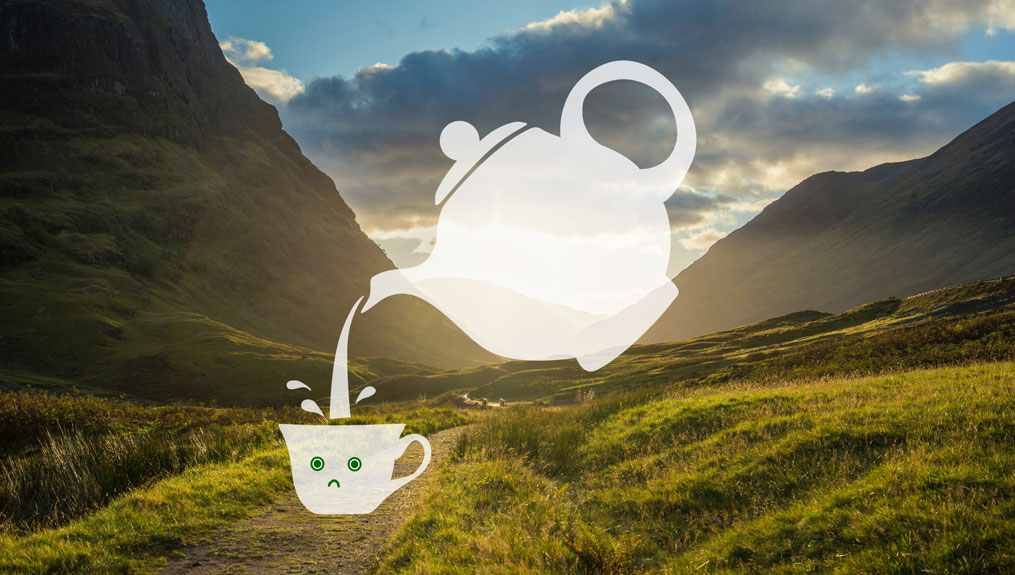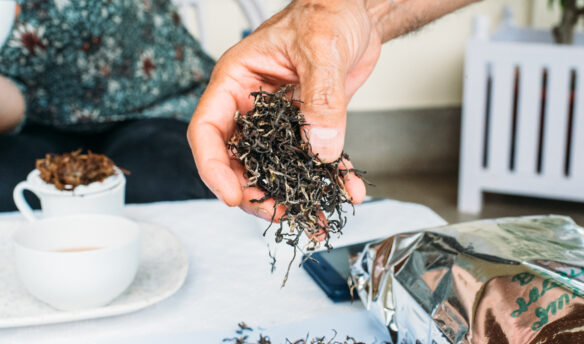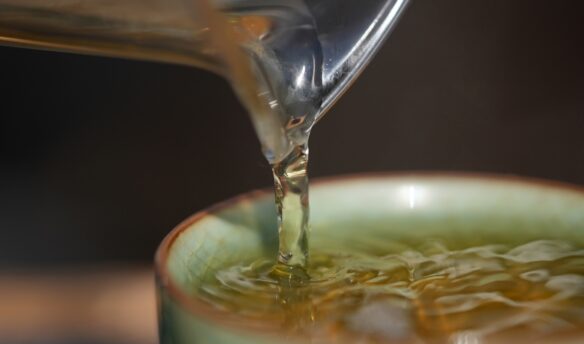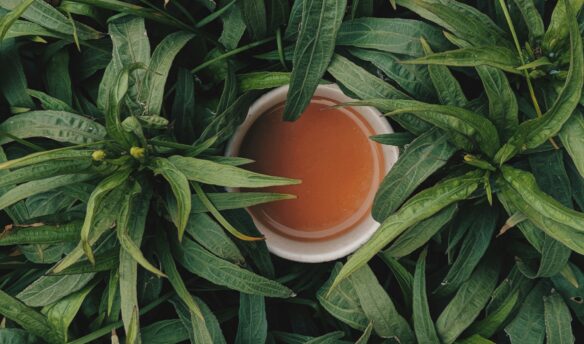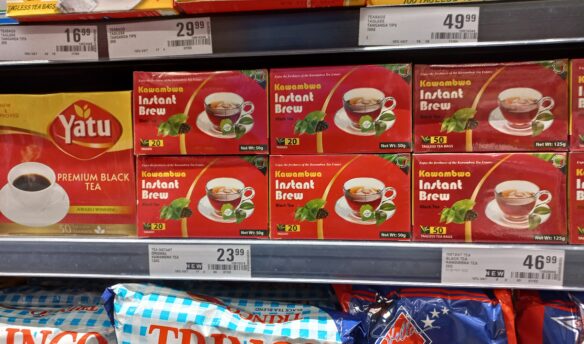[S]cottish farmer Tam O’Braan, also known as the self-styled “Mr. Tea,” became a fixture of the global tea community in 2015 after he claimed to have won gold at the prestigious Salon de Thé awards for his Scotland-grown teas. The honor rocketed O’Braan and his company, the Wee Tea Plantation, into the public eye, leading to media coverage by the likes of the BBC, as well as Fresh Cup, and a swanky release party at the Lowell Hotel in New York City attended by actor Alan Cummings and Scotland’s First Minister, Nicola Sturgeon.
It seemed unbelievable that the Northern Scotland operation was capable of producing tea of such a high quality in such extreme conditions, but O’Braan boasted that his method of using polymer sleeves and aggressive stripping techniques encouraged concentrated flavor that reflected the unique terroir of the Scottish Highlands. At one point, the product was selling for at least $300 per quarter pound.
A little (wee, if you will) problem: No one can seem to find any evidence that the Salon de Thé awards ever existed, and it seems mathematically impossible that O’Braan could have produced as much tea on his estate as he was selling.
France-based tea expert Barbara Dufrêne told The Scottish Mail, “I haven’t been able to find any proof of this award and nobody has ever heard about it.. Apparently this is auto-proclaimed.”
Now, the country’s official food watchdog, Food Standards Scotland (FSS), is investigating claims that some of Wee Tea Plantation’s product was actually not grown in Scotland and never won such a prize.
O’Braan has since been unable to be contacted since the story broke, and a woman at the Perthshire estate who allegedly rented an outbuilding to O’Braan claims that he moved months ago.
Now, the tea community and journalists are left to examine how such claims could have gone unnoticed for so long, and what will now happen to the Scottish tea farmers who took up the trade after seeing the success of Wee Tea.
“As I understand it, [the revelation] has caused a lot of confusion,” Jane Pettigrew, a 30-year tea industry veteran, author, and recipient of the British Empire Medal for services to tea, tells Fresh Cup. “Again, and again, Tam O’Braan…lied to customers and the press about the teas that he was selling and where they were grown. So the genuine growers have become caught up in the confusion because the buyers, journalists didn’t know enough to doubt or question what they were told.”
This is a developing story. Fresh Cup will give updates as we learn more.



